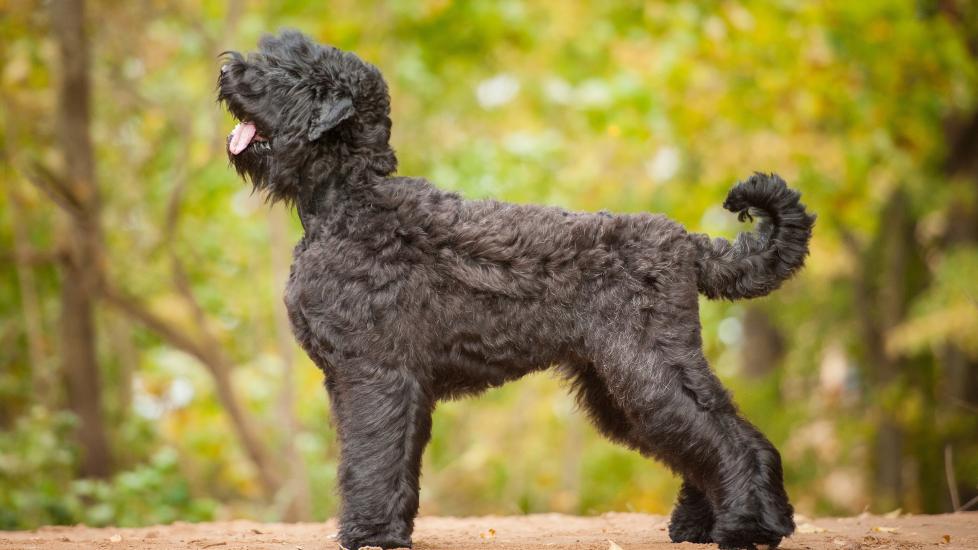
Basset Hound Dog Breed Characteristics and Care: What to Know?
Share
The Basset Hound Dog Breed Characteristics and Care is an essential topic for health-conscious pet owners. Known for their unique appearance and gentle temperament, Basset Hounds possess a range of characteristics that make them a beloved choice for many families. If you're considering adding a Basset Hound to your household or are simply curious about this breed, you've come to the right place!
This article delves into everything from physical characteristics to care guidelines, ensuring you're well-informed about this charming breed. You will learn how to cater to their needs while embracing their delightful quirks.

Physical Characteristics of Basset Hounds
Basset Hounds are recognized by their short legs and long bodies, a unique feature that adds to their charm. They typically weigh between 40 to 65 pounds and stand around 14 to 15 inches tall at the shoulders. Their droopy ears enhance their expressive faces, often giving them an adorable, soulful look.
Another notable trait is their distinctive coat, which comes in a variety of colors, including tri-color (black, white, and tan), lemon, and red and white. **Basset Hounds'** skin is loose and wrinkled, which contributes to their distinctive appearance.

Personality Traits of Basset Hounds
Basset Hounds are known for their laid-back attitude and friendly demeanor. They're affectionate, social, and generally good with children and other pets. Their gentle nature makes them ideal companions for families or individuals looking for a loving pet.
Nevertheless, it's important to note that Basset Hounds are also independent thinkers. They were originally bred for hunting, which means they can sometimes exhibit stubbornness. Early training and socialization are important to ensure they grow into well-mannered adults.

Health Considerations for Basset Hounds
As with any breed, Basset Hounds are prone to certain health issues. Pet owners should be vigilant about their health and monitor for common problems such as:
- Hip Dysplasia: A genetic condition that affects the hip joint.
- Ear Infections: Due to their droopy ears, Basset Hounds may be more susceptible to ear infections.
- Obesity: Their love for food can easily lead to weight gain, so owners must maintain a proper diet.
Regular check-ups with a veterinarian are crucial to catch health issues early and ensure optimal care.

Nutrition for Basset Hounds
Providing a balanced diet is essential for the health and well-being of your Basset Hound. High-quality dog food formulated for their size and age can help in maintaining a healthy weight. Ensure that the food has sufficient protein and healthy fats to keep your dog energized.
Its also important to control portions, particularly since Basset Hounds are prone to obesity. Consult with your veterinarian to determine the best feeding schedule and portions based on your dog's specific needs.
Exercise Needs of Basset Hounds
While Basset Hounds are not the most energetic dogs, they do require regular exercise to maintain their physical and mental health. Daily walks, playtime, and interactive games are essential to keep them engaged.
Keep in mind that they may not have the stamina of a more active breed, so shorter, more frequent walks tend to work better than long ones. Engaging them in scent-driven activities can stimulate their hunting instincts, providing both exercise and fun.
Grooming a Basset Hound
While Basset Hounds don't require extensive grooming, they do need regular care to keep their coats and skin healthy. Here are some grooming tips to follow:
- Brush their coat once a week to remove loose hair and prevent mats.
- Check and clean their ears regularly to prevent infections.
- Trim their nails regularly to maintain comfort during walks.
Paying attention to grooming not only helps with their hygiene but can also strengthen the bond between you and your furry friend.
Training Tips for Basset Hounds
Training a Basset Hound requires patience and consistency. Here are some strategies that can help:
- Start Early: Begin training as soon as you bring your Basset Hound home, ideally during puppyhood.
- Positive Reinforcement: Reward-based training works best for this breed. Treats, praise, and toys are effective motivators.
- Short Sessions: Keep training sessions brief and engaging to hold their attention.
These methods are particularly effective in shaping their behavior while making training time enjoyable.
Socialization for Basset Hounds
Proper socialization is crucial for a well-adjusted Basset Hound. Expose them to various environments, people, and other pets to help them develop positive interactions. Scheduling playdates or enrolling in puppy classes can be beneficial.
A well-socialized Basset will be more comfortable and well-behaved in different situations, which leads to a happier life for both the dog and the owner.
Frequently Asked Questions
Are Basset Hounds good with children?
Yes, Basset Hounds are generally good with children, thanks to their gentle and friendly nature. Supervision is always recommended to ensure the safety of both the dog and the child.
What type of food is best for a Basset Hound?
High-quality dog food formulated for their size is best. Consult with your veterinarian for specific dietary recommendations tailored to your Basset Hound's age and weight.
How much exercise do Basset Hounds need?
Basset Hounds require moderate exercise. Daily walks and playtime will help meet their physical needs while keeping them mentally stimulated.
For more detailed information on dog breed characteristics, check the Wag Walking website. Additionally, you can read about other breeds like the Bassador or the Basenji.
As an Amazon Associate, I earn from qualifying purchases.
